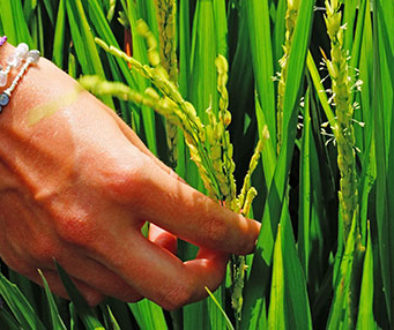Cows Milk Allergy: Know The Facts
There are three main kinds of dairy allergyin babies. Firstly there is the full blown allergy to cows milk which is relatively simple to identify. Secondly there is a lactose intolerance and thirdly, a milk protein intolerance. Trying to pinpoint which type of dairy intolerance a infant has can be difficult.
Lactose Intolerance (Common)
When your baby cannot process lactose, which is the sugar in cows milk, milk products (from any animal) and breast milk this is called a lactose intolerance. The symptoms include, vomiting up whole feeds within a short time after feeding, green stools, intense tummy pain and not putting on weight. This will more often than not be idenitfied fast by your health professional because any infant not putting on weight will be a worry. Most babies grow out this intolerance within a few months, as the body starts producing more lactase.
Real Allergy to Cows Milk (Rare)
A second type of allergy, in fact a real allergy to cow’s milk, is caused when the newborns body treats the substance as harmful which is what happens in other allergies such as a peanut allergy. When a full blown allergy is present, the symptoms are unmistakable and include vomiting, hives, anaphylaxis and swelling of the lips, mouth and throat. With severe reactions, call emergency services without delay.
The types of intolerance or allergy described above tend to have immediate reactions. The milk is taken and within a very short time the baby rejects it by vomiting.
Milk Protein Intolerance (Common)
What’s harder to recognise is a dairy or milk protein intolerance in babies. These tend to have delayed reactions of up to 8-72 hours after eating, which is why they are a lot harder to pick up. Your child will generally be gaining weight at a normal rate. Symptoms can include: colic, stomach pain, flatulence, unsettled, crying fits, excessive wind, trouble sleeping, reflux and eczema.
If your baby frequently shows signs of these symptoms it may be worth discussing it with your doctor, midwife or health visitor about trying a dairy free diet for a few weeks or, if you are breast feeding, simply cutting out dairy products from your diet for 2 weeks. It can take up to 4 or 5 days for your baby to get all of the dairy out of their system so it really does have to be an experiment that lasts over a few weeks.
Many children grow out of milk allergies and intolerances and it’s nothing to be alarmed about. There’s no need to be concerned if your baby doesn’t out grow their intolerance to milk as there are plenty of alternatives such as soya, rice or goats milk.

